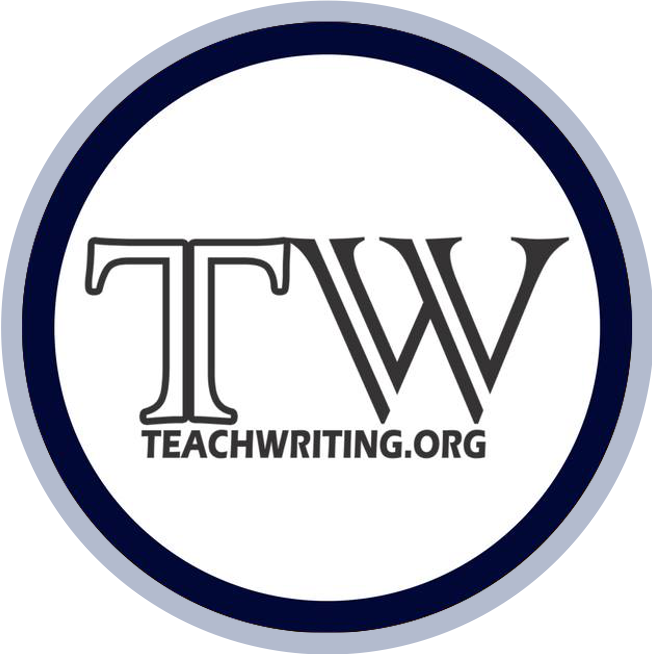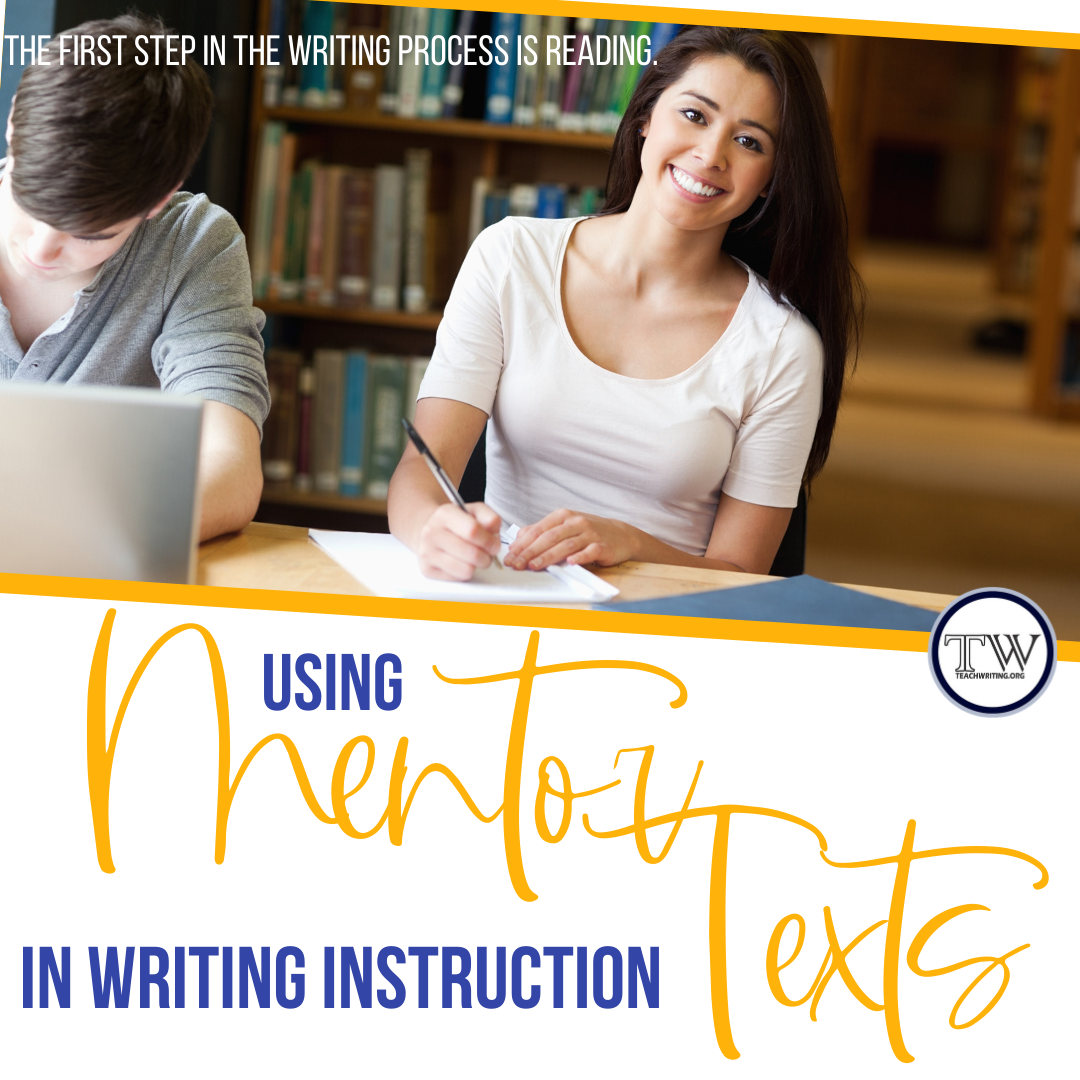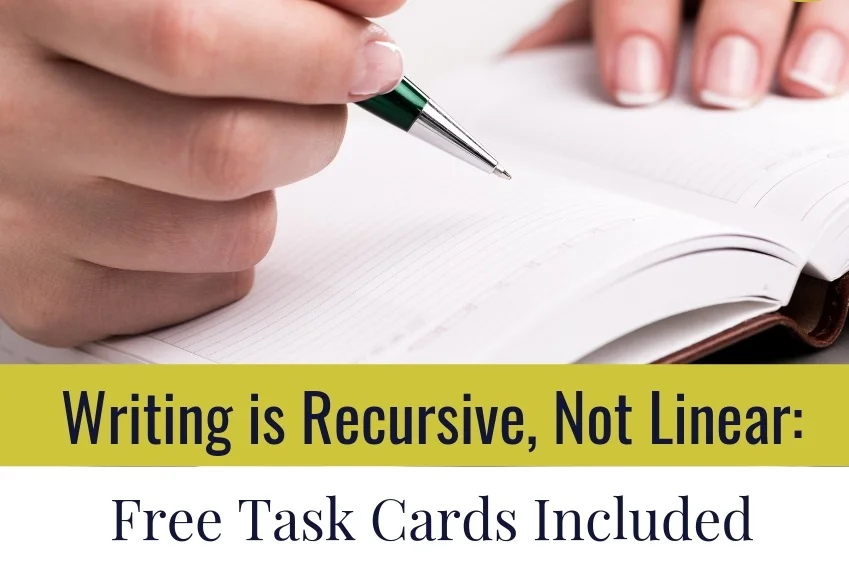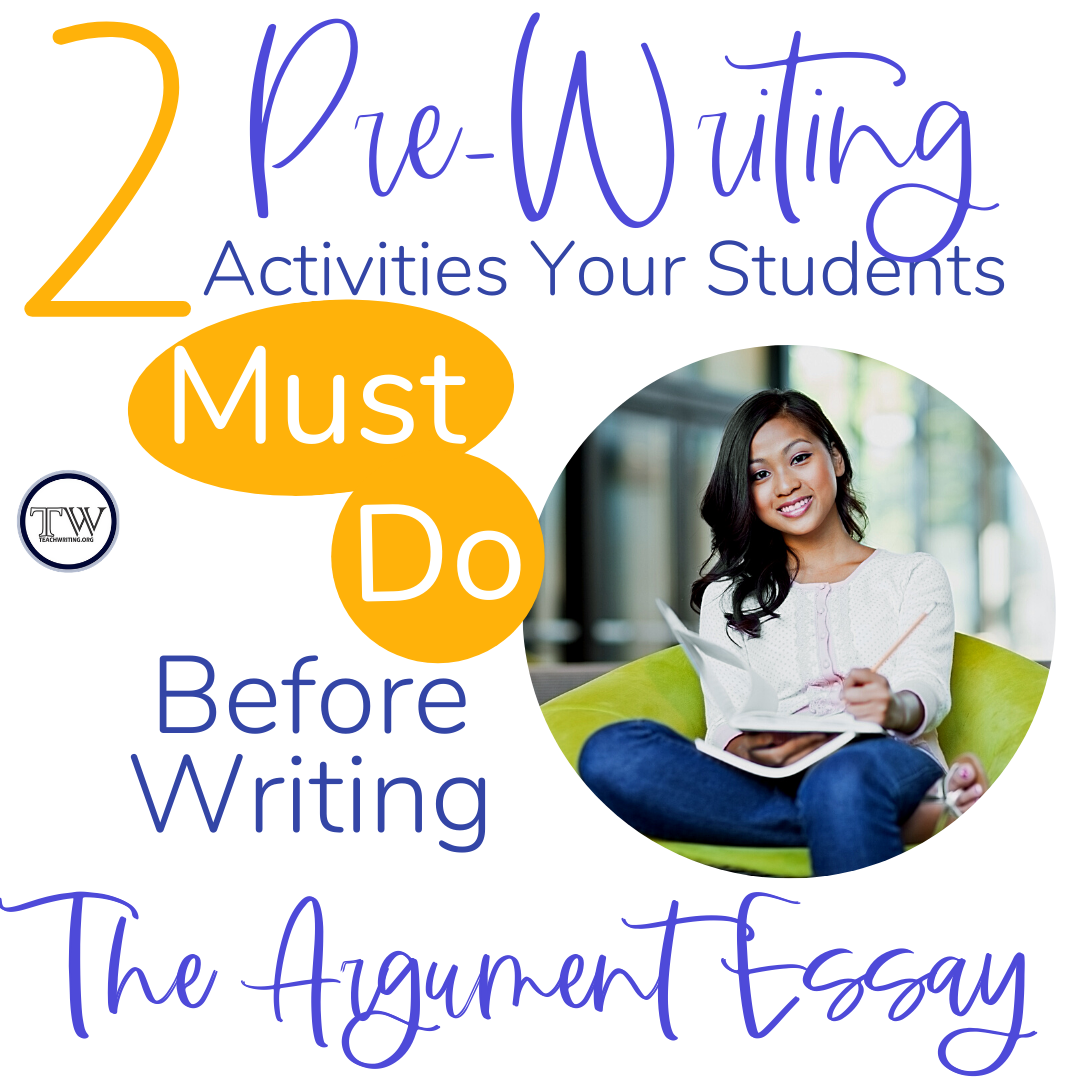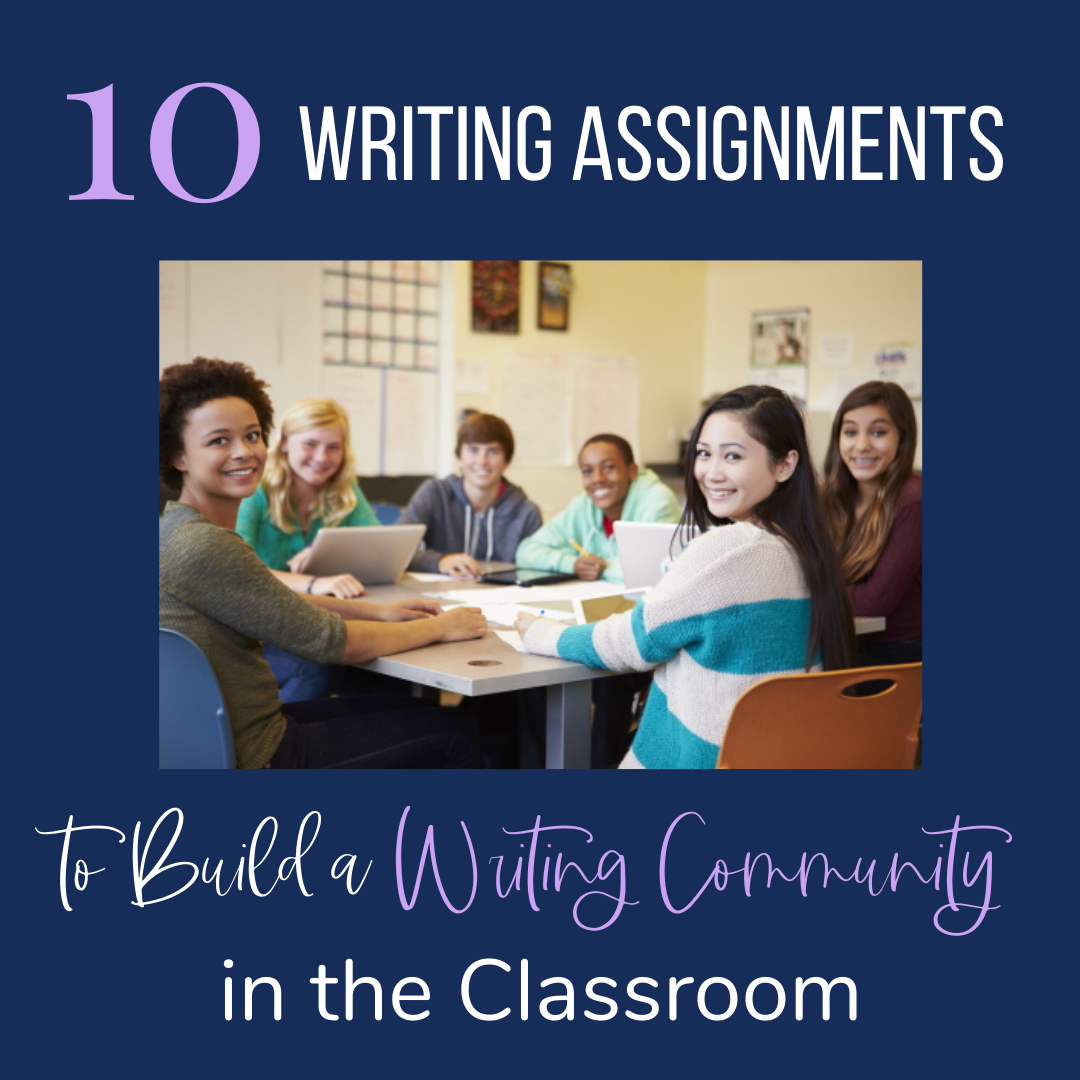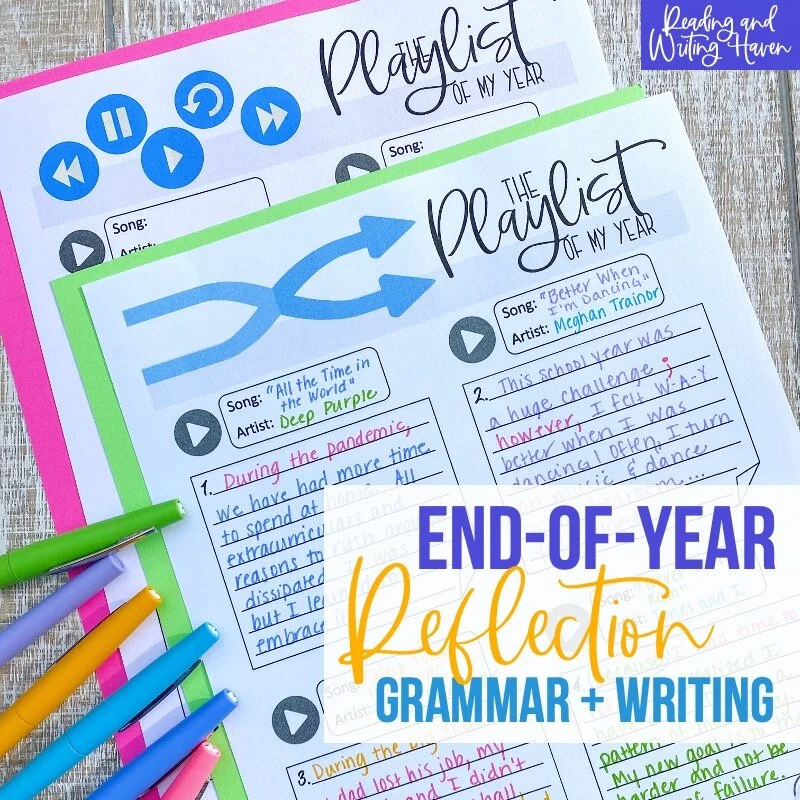Not only is Secondary Sara an experienced middle school ELA teacher at a private school in Ohio, she is also a high school tutor (she started her own successful tutoring business), a coach of a creative writing team, and a teacher author and blogger. Here, she shares her top tips for motivating middle school writers.
Read MoreWe all want our writers to be readers. Reading and writing go hand in hand. But how to hook our students on books? For some, reading is a chore, or something they manage to avoid with a little help from their friends.
Enter, Brynn Allison.
Read MoreUnderstanding the many nuances of great writing can seem like a daunting challenge for teachers and students alike. As educators, we are aware of the strong correlation between good reading skills and good writing skills. This is because students are absorbing the author’s craft as they explore amazing works of literature. This knowledge has given rise to the popularity of mentor texts within the ELA classroom.
Read MoreWriting goes all ways: forwards, backwards, sideways, over there, and over here. In fact, the only piece of the writing process that occurs at a set point in time is publishing.
Read MoreTeaching the writing process? Try involving students kinesthetically. Play Doh can work for big kids, too! My high school students absolutely love this writing analogy that walks them through each stage of the writing process as if they were sculptors crafting a masterpiece. Differentiate your instruction with this best-practice, active learning lesson.
Read MoreTeachWriting.org has announced a new writing workshop endeavor for the 2017-2018 school year. This year, the collaborators at TeachWriting are creating DAILY WRITING PROMPTS via their Facebook Page for English teachers in grades 6-12.
Read MoreEvery writer begins a new writing piece differently. Some dive in and just start writing, others need to talk with someone first, others start with an enticing title and still others need to do some pre-writing.
No matter which method students preferred, they benefit from experiencing a variety of strategies for generating ideas. There are more ways to generate ideas for writing than bubbles and graphic organizers. This article discusses two methods for idea generation that often get overlooked: listing and conversations.
Read MoreI love allowing students to choose their own issue for this argument essay, but that can be difficult for students who do not immediately know their topic or issue. I have found two techniques that really get students thinking about the issues that may resonate with them prior to their research and drafting stages of writing.
1. The Chart Paper Brainstorm and Gallery Walk
2. The Cube of Perspective
Read MoreCreative writing is the art of constructing original ideas by synthesizing literary elements and techniques to communicate an overarching theme about life. Oftentimes in our English classes, we spend more time on the deconstruction process, analyzing works of art by taking them apart.
Read MoreWriting is grammar. Grammar is writing. Sure, there are elements of writing that may not be directly related to grammar, such as word choice, citation rules, and paragraph organization. Still, the ability to take words and play with them skillfully mainly centers around students' mastery of grammar. Teaching writing? When creating a writing culture in my classroom, demonstrating how grammar empowers authors is paramount. As I tell my students, "In this classroom, we do "grammaring."
Read MoreLet's be honest allowing students to work with each other to discuss writing can be just a tad frustrating, or maybe more than a tad...You know it could be an amazing way to ease the workload, because there are 34 of them and only 1 of you. In this article you'll learn five simple strategies for how to make writing partners more effective in your classroom...
Read MoreWriting can be highly personal. In our writing, we expose our thought processes, our ideas, our memories and perceptions, even our dreams. In a truly powerful writing community, there must be trust and there must be respect.
Read MoreHaving your students bring a notebook in to leave in your classroom in the first week of school opens up a huge range of possibilities to you throughout the year. It also allows students to see their own expanding portfolio of different types of writing and their growth as writers throughout the year.
Read MoreWhen planning for the beginning of the year, teachers need to choose writing assignments that allow for collection of pre-assessment data while also engaging students and building a positive writing community.
Read MoreThe beginning of the school year is an important time to assess the writing skill levels of new students in our English classes. One way to do this is to assign a diagnostic essay in order to "diagnose" each student's writing level...
Read MoreEvery teacher on the planet knows that the first weeks of school are all about routines, routines, routines and more routines. There are the super obvious routines to discuss like what to do when you have to go to the bathroom or get water, what to do when you want to speak, how to turn work in and the list goes on and on and on. There are so many routines in our classrooms that some very important ones go overlooked.
Read More6 Strategies for Turning Struggling Students into Successful & Confident Writers!
Read MoreTeaching and assessing writing can be challenging, and even more so when you're trying to identify effective ways to scaffold writing instruction for struggling students. Set teenagers up for success by incorporating these teacher-tested, student-approved strategies.
Read MoreMotivating struggling writers can be quite a challenge. With struggling writers, it is important to create high-interest assignments that students will want to work on, assignments that they will want to put forth the effort on in order to succeed. If struggling students are bored with a writing topic, they won’t be as invested in it and won’t want to put the time and effort in to make it the best it can be.
Read MoreSecondary ELA teachers can engage students in meaningful, purposeful writing activities at the end of the school year without burying themselves in grading and their students in hours of work -- it's true. Read on to be inspired.
Read More